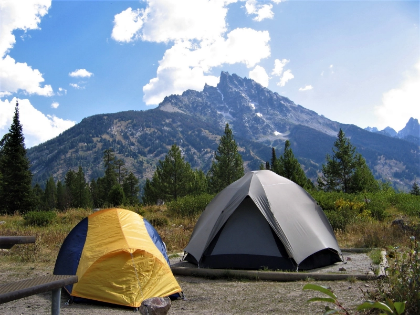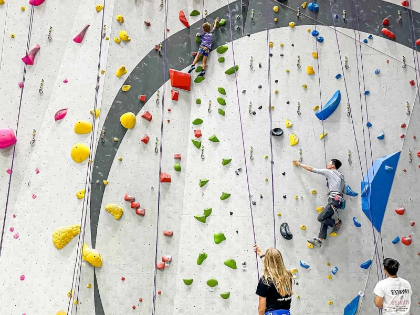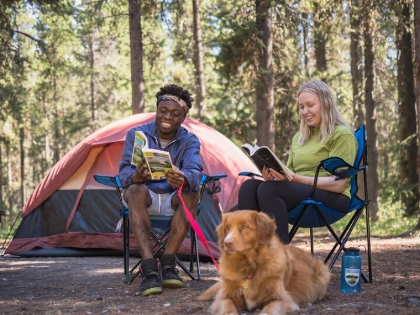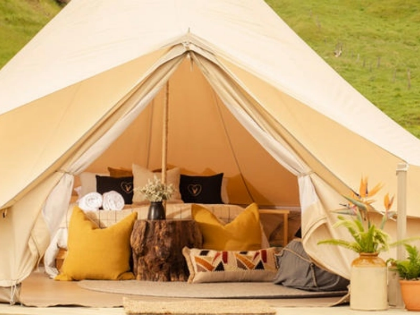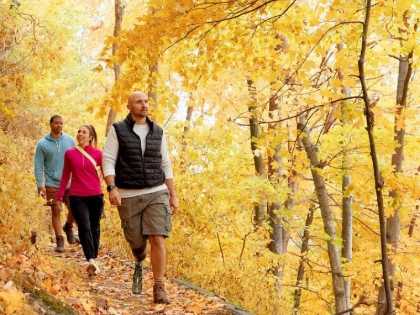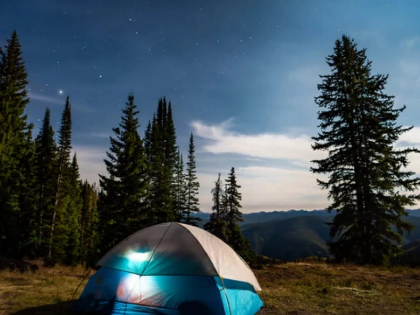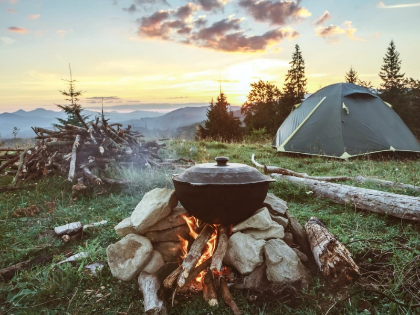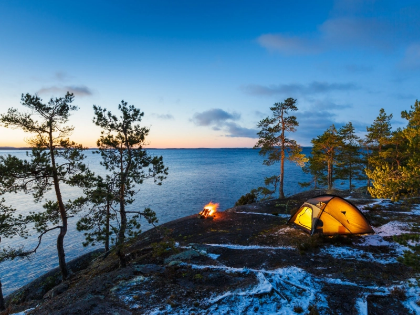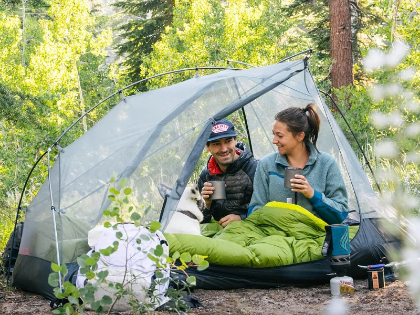What Are the Advantages and Disadvantages of Camping?
Camping is a well-liked recreational activity that offers several advantages to individuals. Among these are interacting with others, exercising, unwinding, and lowering stress levels. A sense of connection with nature is fostered, moods and sleep are improved, and vitamin D levels are raised by camping. But it's crucial to keep in mind that there are drawbacks to camping as well.
1. It’s a great way to connect with nature
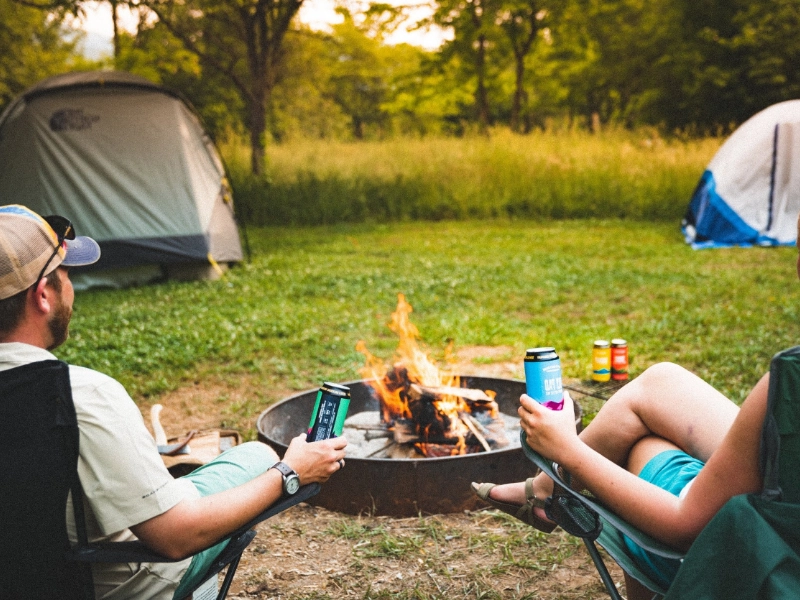
2. It’s a great way to bond with family and friends
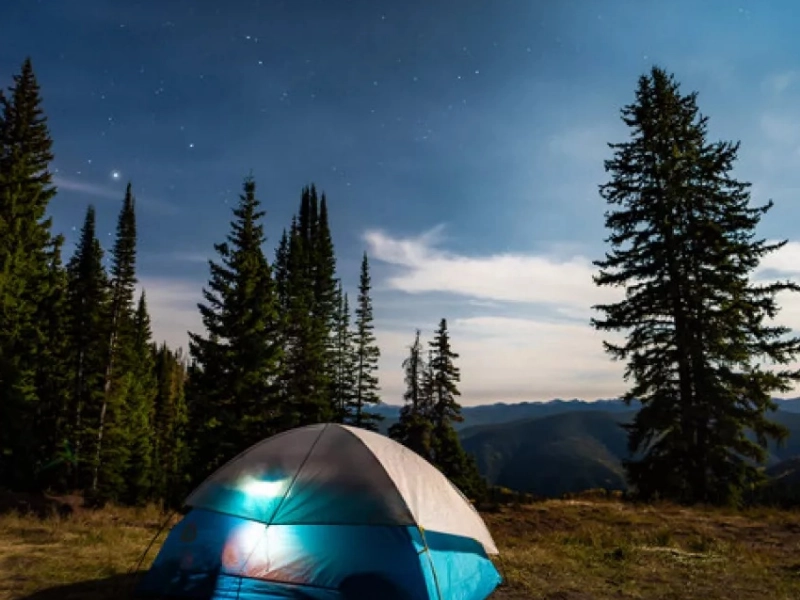 Going camping with your family, friends, or partner is a wonderful way to strengthen your relationships. Together, you can go on walks, engage in activities, or simply relax by the campfire and talk. In addition, it's a fantastic chance to escape the clamour and pollution of the suburbs and cities and get some fresh air.
Furthermore, camping can be an excellent method to pick up new abilities like cooking over an open flame, setting up a tent, and wilderness navigation. These are the kinds of abilities that come in handy in a wide range of circumstances, including survival situations.
Even though there are lots of advantages to camping, it's vital to weigh the drawbacks as well. The two biggest drawbacks to camping are that it's less comfortable and has fewer amenities. It can also be risky, especially in places where there are wild animals that could endanger people. Camping is a fantastic way to unwind, spend time with loved ones, and connect with the natural world, but it's important to take the appropriate safety and risk-avoidance measures. This entails not feeding animals, keeping a safe distance from them, and respecting the ecosystems of wildlife. By taking these steps, you can safeguard the environment and enhance everyone's camping experience. Daniel (2015)
Going camping with your family, friends, or partner is a wonderful way to strengthen your relationships. Together, you can go on walks, engage in activities, or simply relax by the campfire and talk. In addition, it's a fantastic chance to escape the clamour and pollution of the suburbs and cities and get some fresh air.
Furthermore, camping can be an excellent method to pick up new abilities like cooking over an open flame, setting up a tent, and wilderness navigation. These are the kinds of abilities that come in handy in a wide range of circumstances, including survival situations.
Even though there are lots of advantages to camping, it's vital to weigh the drawbacks as well. The two biggest drawbacks to camping are that it's less comfortable and has fewer amenities. It can also be risky, especially in places where there are wild animals that could endanger people. Camping is a fantastic way to unwind, spend time with loved ones, and connect with the natural world, but it's important to take the appropriate safety and risk-avoidance measures. This entails not feeding animals, keeping a safe distance from them, and respecting the ecosystems of wildlife. By taking these steps, you can safeguard the environment and enhance everyone's camping experience. Daniel (2015)
3. It's an excellent method of lowering tension.
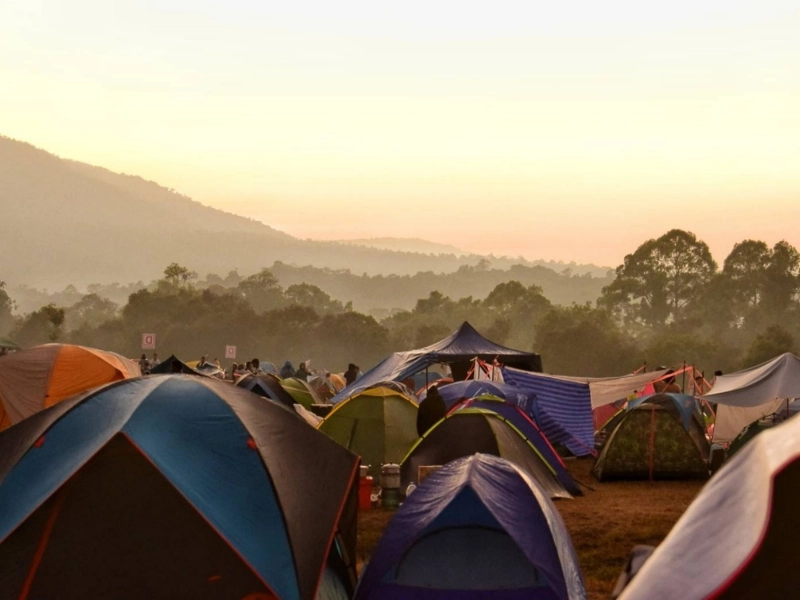 People can escape the strains of daily life and take in the beauty of nature when they go camping. At night, being surrounded by trees, birds, and stars can improve your mood and make you feel less stressed.
Additionally, camping provides an opportunity for skill development. Acquiring these abilities can make people feel more competent and confident, whether they are cooking over an open flame or setting up a tent. Those who suffer from social anxiety or who want to boost their self-esteem may find this to be really helpful.
Because it makes you calm down and take things slowly, camping is also a terrific way to reduce stress. Those who experience depression or seasonal affective disorder may find this useful. Furthermore, spending time outside might help people sleep better, which is beneficial for general health. Anyone considering camping should be informed of the possible dangers, which include disease transmission via insects and wildlife as well as physical harm. These risks can be reduced, though, provided they are ready and equipped with the right safety gear. Having a first-aid kit and adhering to fundamental camping safety precautions, such as maintaining a safe distance from wild animals, are part of this. Additionally, keep in mind that camping can be physically taxing; therefore, it's advisable to pace yourself and take breaks as needed.
People can escape the strains of daily life and take in the beauty of nature when they go camping. At night, being surrounded by trees, birds, and stars can improve your mood and make you feel less stressed.
Additionally, camping provides an opportunity for skill development. Acquiring these abilities can make people feel more competent and confident, whether they are cooking over an open flame or setting up a tent. Those who suffer from social anxiety or who want to boost their self-esteem may find this to be really helpful.
Because it makes you calm down and take things slowly, camping is also a terrific way to reduce stress. Those who experience depression or seasonal affective disorder may find this useful. Furthermore, spending time outside might help people sleep better, which is beneficial for general health. Anyone considering camping should be informed of the possible dangers, which include disease transmission via insects and wildlife as well as physical harm. These risks can be reduced, though, provided they are ready and equipped with the right safety gear. Having a first-aid kit and adhering to fundamental camping safety precautions, such as maintaining a safe distance from wild animals, are part of this. Additionally, keep in mind that camping can be physically taxing; therefore, it's advisable to pace yourself and take breaks as needed.

